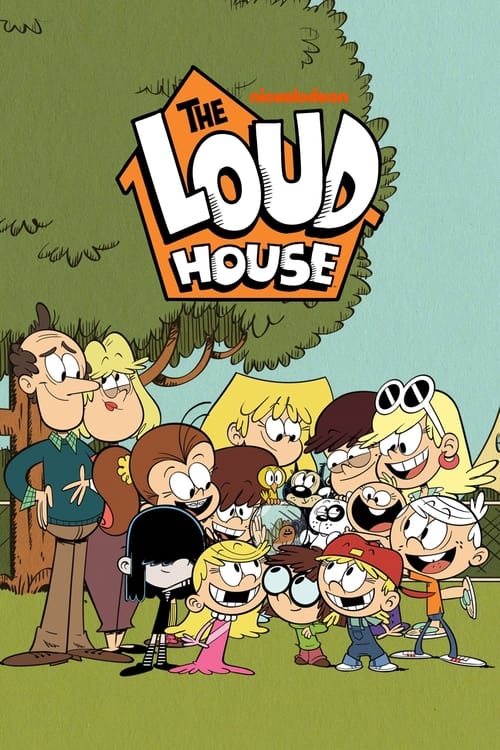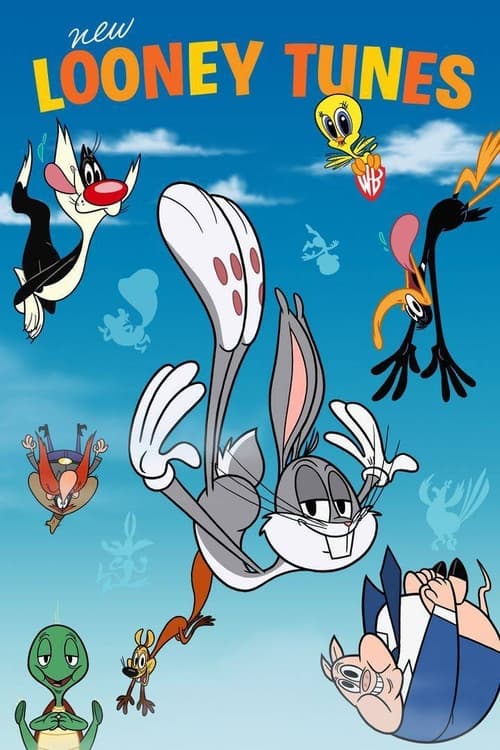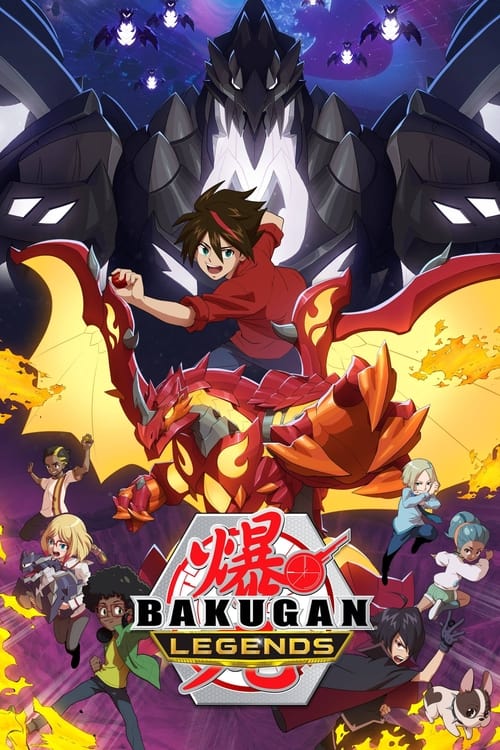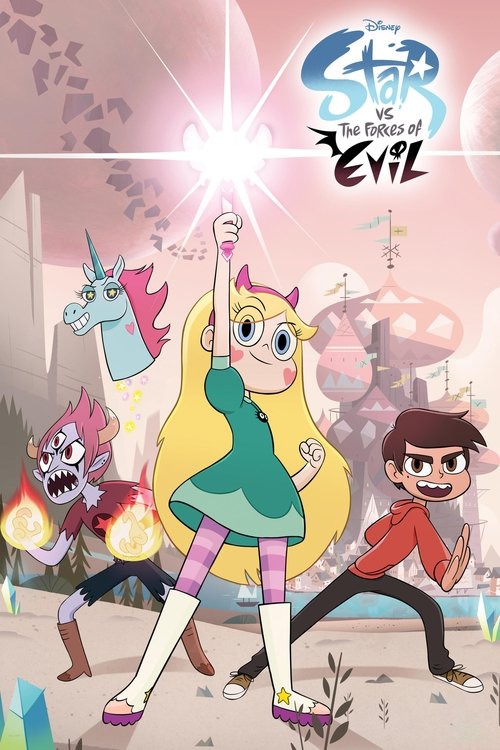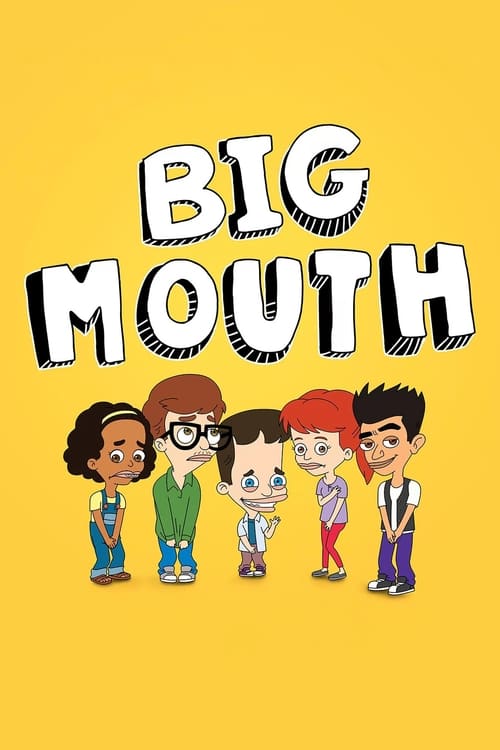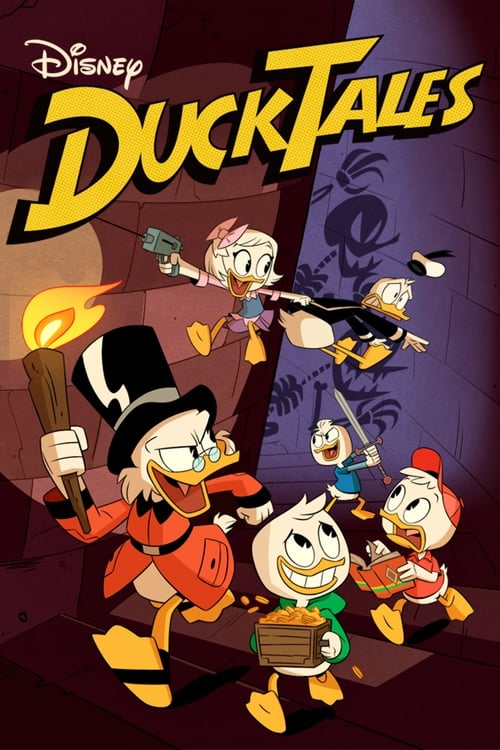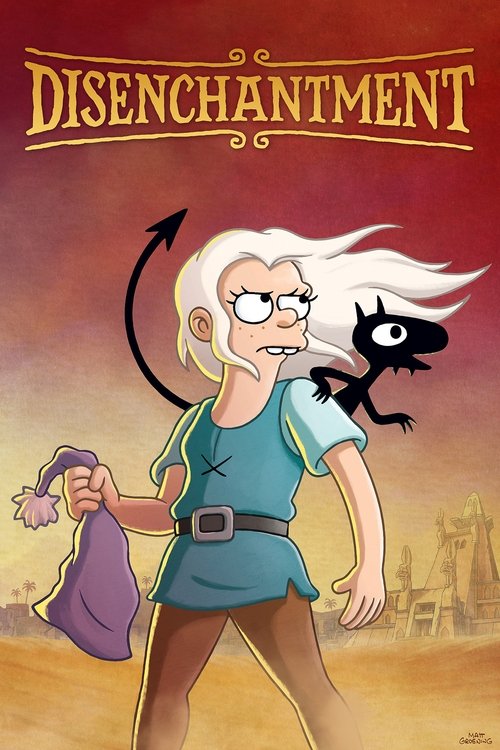
Ask Your Own Question
What is the plot?
Bluey, Bingo, and their dad, Bandit, are playing a game in the backyard. The game is called "Chickenrat," where Bluey and Bingo pretend to be a chicken and a rat, respectively. Bluey is excited about the game and takes on the role of the chicken, while Bingo, as the rat, is a bit more hesitant but goes along with it. The playful atmosphere is filled with laughter as they run around, with Bluey flapping her arms like wings and Bingo scurrying around on the ground.
As they play, Bandit, who is watching from the sidelines, decides to join in. He pretends to be a farmer who is trying to catch the chicken and the rat. This adds a new layer of excitement to the game, and the children are thrilled to have their dad involved. Bandit chases after them, and they squeal with delight, running away from him. The scene is lively, with the sun shining and the sounds of their laughter filling the air.
The game takes a turn when Bluey and Bingo decide to switch roles. Bluey wants to be the rat this time, and Bingo takes on the role of the chicken. This change brings a new dynamic to the game, and they both embrace their new characters. Bluey, now as the rat, starts to strategize on how to avoid being caught by Bandit, who is still playing the farmer. The playful tension builds as they navigate the backyard, trying to outsmart Bandit.
As the game progresses, Bandit becomes more determined to catch them. He uses various tactics, pretending to set traps and making exaggerated movements to scare them. Bluey and Bingo respond with giggles and playful banter, showcasing their creativity and imagination. The backyard transforms into a vibrant playground filled with their laughter and the thrill of the chase.
At one point, Bluey and Bingo decide to hide from Bandit. They crouch behind a bush, whispering and giggling as they watch him search for them. This moment highlights their bond as siblings, sharing a secret and enjoying the thrill of the game together. Bandit, meanwhile, pretends to be oblivious to their hiding spot, adding to the fun.
Eventually, Bandit manages to find them, and they all burst into laughter. The game continues with Bandit pretending to be more clever, trying to outsmart the girls. Bluey and Bingo, however, are quick on their feet and come up with clever ways to evade him. The playful competition fuels their excitement, and the energy in the backyard is palpable.
As the game nears its climax, Bandit devises a final plan to catch them. He pretends to be tired and sits down, luring Bluey and Bingo into a false sense of security. They cautiously approach, thinking they can sneak past him. However, just as they get close, Bandit jumps up, and the chase resumes with renewed vigor. The scene is filled with laughter and shouts as they run around the yard, fully immersed in their imaginative play.
In the end, after a series of close calls and near captures, Bluey and Bingo manage to outsmart Bandit one last time. They work together, using their teamwork to create a distraction that allows them to escape his grasp. The game concludes with all three of them collapsing on the grass, breathless and happy, sharing in the joy of their imaginative adventure. The episode wraps up with a sense of fulfillment and the warmth of family bonding, showcasing the simple yet profound joy of play.
What is the ending?
In the ending of "Chickenrat," Bluey and Bingo successfully confront their fears and learn to embrace their imaginations. They realize that playing pretend can be fun and that they can overcome their anxieties together. The episode concludes with the sisters feeling empowered and happy after their adventure.
As the episode nears its conclusion, the scene unfolds in the backyard where Bluey and Bingo are fully immersed in their imaginative play. The sun is shining brightly, casting a warm glow over the grass, and the air is filled with the sounds of laughter and playful banter. Bluey, embodying the role of Chickenrat, is animated and expressive, her eyes sparkling with excitement. She flaps her arms and hops around, fully embracing her character, while Bingo, who has been hesitant, watches with a mix of admiration and trepidation.
The tension builds as Bingo, still feeling a bit scared of the Chickenrat persona, hesitates to join in. Bluey, sensing her sister's reluctance, encourages her with a gentle smile, reminding her that it's all just pretend. The atmosphere shifts as Bingo takes a deep breath, her internal conflict evident as she battles her fears. With a determined look, she finally decides to join Bluey, transforming her apprehension into enthusiasm.
As they play, the sisters create a narrative where Chickenrat is a brave hero, and Bingo takes on the role of a supportive sidekick. They run around the yard, their imaginations soaring as they invent scenarios where they save the day from imaginary threats. The joy of their play is palpable, and the bond between them strengthens as they share laughter and excitement.
In the final moments, the game culminates in a triumphant scene where they defeat the imaginary villains together. Bluey and Bingo, now fully engaged in their roles, celebrate their victory with a joyful dance, their earlier fears forgotten. The camera captures their beaming faces, showcasing the pure delight of childhood imagination and the power of sibling support.
As the episode wraps up, the sisters collapse onto the grass, breathless and giggling. They reflect on their adventure, feeling proud of their bravery and creativity. The screen fades out with the sound of their laughter, leaving viewers with a sense of warmth and the message that facing fears can lead to wonderful experiences when shared with loved ones. Bluey and Bingo, having embraced their imaginations, are left feeling empowered and connected, ready for whatever adventures await them next.
Is there a post-credit scene?
In the episode "Chickenrat" from season 1 of Bluey, there is no post-credit scene. The episode concludes without any additional content after the credits roll. The focus remains on the main storyline and the adventures of Bluey and her family throughout the episode.
How does Bandit react to Bluey and Bingo's game?
Bandit, their father, initially finds the game amusing and engages with the girls. However, as the game progresses and becomes more chaotic, he starts to feel overwhelmed by their antics.
What game do Bluey and Bingo play in the episode 'Chickenrat'?
In the episode 'Chickenrat', Bluey and Bingo play a game where they pretend to be a chicken and a rat. Bluey takes on the role of the chicken, while Bingo plays the rat, leading to a series of imaginative scenarios.
What does Bingo do when she feels left out during the game?
When Bingo feels left out, she expresses her feelings to Bluey, who then reassures her and includes her back into the game, highlighting the importance of teamwork and friendship.
What is the significance of the 'Chickenrat' character in the game?
The 'Chickenrat' character represents a blend of both Bluey and Bingo's roles, showcasing their creativity and the fun they have in merging different animals into one character, which adds a layer of humor and imagination to their play.
How does the episode depict the theme of sibling rivalry?
The episode illustrates sibling rivalry through the playful competition between Bluey and Bingo as they navigate their roles in the game. Their interactions show both the challenges and joys of being siblings, as they sometimes argue but ultimately support each other.
Is this family friendly?
In the episode "Chickenrat" from Bluey, there are no overtly objectionable or upsetting scenes. The show is designed to be family-friendly, focusing on themes of imagination, play, and family dynamics. However, some potentially sensitive aspects might include:
-
Fear of the Dark: The episode involves elements of fear, particularly related to the character's imagination about a creature called "Chickenrat," which could be unsettling for very young children who may be sensitive to scary concepts.
-
Conflict Resolution: There are moments of conflict between characters that may evoke feelings of frustration or sadness, as they navigate their emotions and relationships.
-
Imaginative Play: The portrayal of imaginative play can sometimes lead to misunderstandings or misinterpretations of fear, which might resonate differently with sensitive viewers.
Overall, the episode maintains a light-hearted tone and emphasizes problem-solving and creativity, making it suitable for children and families.




